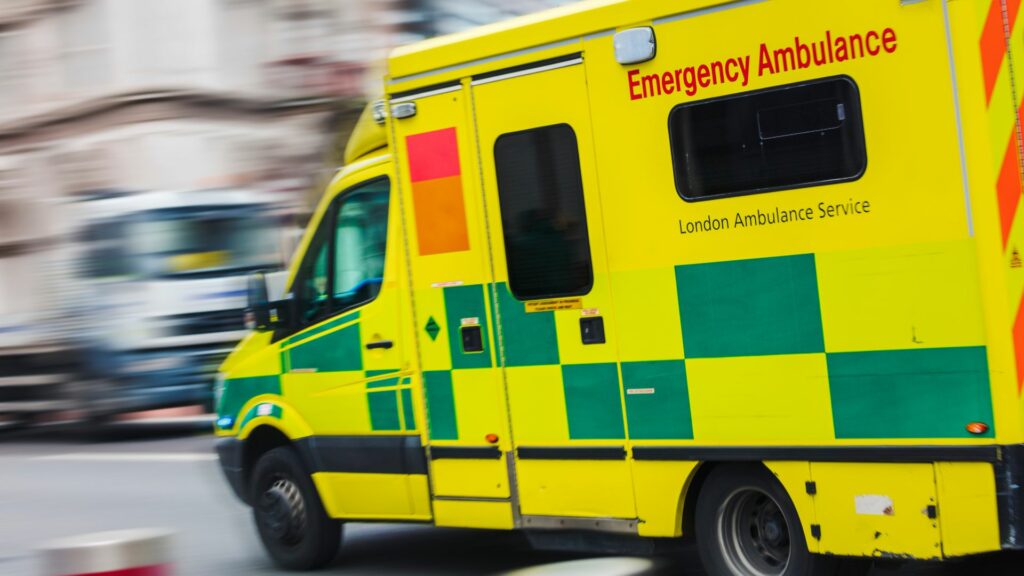While it isn’t always fair to generalise, sometimes statistics can show interesting trends amongst certain groups of people.
Currently in England and Wales, the only real legal difference between a new driver and a more experienced driver is that if a new driver collects 6 or more penalty points in their first 2 years of driving, they will lose their licence. (For the rest of us it is generally 12 points before disqualification).
But is this a sufficient deterrent to encourage new drivers to become ‘safer’ drivers?
Apparently not.
It has been estimated that 60% of learner drivers are aged 17 to 25 years old, and this age group is classified as “Young Drivers”. However, government statistics for 2021 indicate that once those Young Drivers pass their test, they are responsible for about 20% of crashes involving fatal and serious injuries, despite making up only about 7% of all drivers.
So the evidence suggests Young Drivers (who are also most likely to be new drivers) are responsible for a disproportionate amount of serious road crashes each year.
Possible changes ahead
The Department for Transport is considering some changes to the rules, and imposing restrictions on what new drivers are allowed to do. Proposals include banning Young Drivers from carrying young passengers, since it is said that Young Drivers are four times as likely to be involved in fatal crashes if they have other people in the car at the time.
This idea of restricting the activities of new drivers is not something new, and if put into effect in England and Wales is likely to be a watered down version of what already happens in some other countries.
The rules for new drivers in New South Wales, Australia
In New South Wales, Australia, new drivers go ‘on probation’ for 4 years before they are allowed to drive unrestricted. In Year 1 after qualifying, drivers swap their learner ‘L Plates’ for their probationary red ‘P Plates’, so that every one else on the road knows they are qualified but still relatively inexperienced. The idea is that other drivers will see the ‘P Plates’ and – in theory at least – make more generous allowances for their driving.
Drivers on their red ‘P Plates’:
- are limited to driving a maximum 56 mph;
- can only tow light loads;
- cannot drive with more than one passenger under 21yrs between 11pm and 5am (immediate family members excepted); and
- cannot drive high performance cars.
In years 2, 3 and 4 after passing their test, new drivers swap their red ‘P Plates’ for green ones. Their maximum permissible driving speed goes up to 62mph, and they can drive at night with passengers.
But for those first 4 years of probationary driving, there is zero tolerance when it comes to alcohol consumption. Anything above a reading of 0% alcohol in your blood earns you a trip to the police station.
The effect of the rules
The Australian government reports that road casualties overall have significantly decreased in recent decades. That is great news. Yet in 2018, Young Drivers were still involved in 20 – 25% of fatal and serious car crash injuries, which is not too dissimilar to the situation in England and Wales now.
So does this suggest that imposing restrictions on new drivers might not reduce either the amount, nor the severity, of crashes that new drivers are involved in?
The problem with comparing statistics between countries is that there may be subtle cultural and analytical differences that skew the figures, or the actual definitions behind those statistics may be different when you look at them in detail.
It may well be that without the probationary system in Australia, new drivers might have been responsible for considerably more than 20% of serious crashes. What is probably most important is that the road traffic casualty figures have been falling over the decades, and we suspect the ‘P Plate’ system is making a noticeable contribution to that.
Interestingly, the Australian LSAC Statistical Report 2018 suggests the reason that Young Drivers are still overrepresented in serious crashes, is likely due to younger people being more willing to indulge in ‘risky behaviour’. According to the report such behaviours includes:
- Overconfidence
- Inexperience
- Drink
- Drugs
- Distraction
- Insufficient ‘real life’ hazard awareness
RoSPA have suggested one needs 1,000 miles of solo driving in order to gain experience of most road traffic situations. That stands to reason. Even after 30 years of driving (and with 21 of those as an Advance Driver), my own driving ‘experiences’ continue to expand whenever I witness a new example of diabolical driving on my commute to and from work. Some things you can never be prepared for, but both ‘life’ and ‘driving’ experience can surely help you deal with, and potentially avoid, some potentially dangerous situations.
What does this mean for us?
Even though additional measures do not statistically appear to significantly impact the number of newly qualified drivers involved in serious road traffic incidents, these measures must surely still be beneficial. Preventing even one serious crash would a positive outcome.
Enable Law supports the work of road safety campaigning charity RoadPeace. Nick Simmons, RoadPeace CEO when asked about the possibility of such measures for new drivers being introduced in the UK commented:
“RoadPeace members know only too well the devasting impact that can result from an inexperienced newly qualified young driver and we urge the government to implement a Graduated Driving Licence as soon as possible in order to save lives and help the UK achieve Vision Zero.”
Probationary restrictions will hopefully make some new drivers think twice before they undertake risky behaviour. And that can only be a good thing. And for those who decide to break the rules? Well, they are likely to drive badly no matter what, but one would hope that if they are caught breaking these rules before they injure someone in a crash, the penalties imposed may at least keep them off the road for a while, thereby giving added protection to other road users.
If you or a family member have been seriously at a road traffic accident it is important to speak to a specialist solicitor that has the experience to guide you through possible ways of using the law to get compensation for what happened and help you get the additional support you need to make as full a recovery as possible.
If you are unsure about what happened but would like to talk it through with someone a member of our road traffic incident team will be happy to have a free, no obligation chat with you to explore ways we may be able to help you. To get in touch with us call us on our free phone 0800 044 8488 or fill in our contact form here so we can give you a call back Contact Us – Enable Law


















